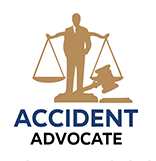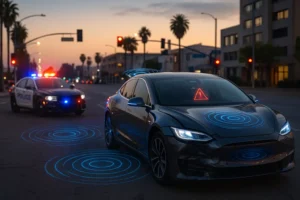Can You Sue After a Rideshare Accident in California? Here’s What to Know
Focus Keyphrase: rideshare accident California
With the growing popularity of Uber and Lyft, rideshare accidents in California have become a common legal issue. Whether you were a passenger, another driver, a cyclist, or even a pedestrian, the question is the same: Can you sue after a rideshare accident? The answer depends on several factors, including driver status, insurance coverage, and who was at fault.
Common Causes of Rideshare Accidents
Rideshare drivers are under pressure to navigate traffic, watch the app, respond to ride requests, and maintain high ratings—all while driving. This can result in distracted or reckless driving. Common causes include:
- Driver fatigue
- Looking at GPS or the rideshare app
- Illegal U-turns or sudden stops
- Failure to yield
- Speeding or unsafe lane changes
These accidents can leave victims with serious injuries and complicated insurance questions. That’s why understanding your rights is essential.
Can You Sue Uber or Lyft After an Accident?
Yes—but it depends on the driver’s status at the time of the crash. California law and rideshare company policies break it down like this:
- Driver offline: Only the driver’s personal insurance applies.
- Driver online (waiting for a ride): Limited liability coverage from Uber/Lyft applies (typically $50,000 per person, $100,000 per accident).
- Driver en route or carrying a passenger: Uber/Lyft’s $1 million commercial policy kicks in.
If you were hit by a rideshare driver, your right to sue depends on the level of coverage available at the time of the crash.
What If You’re a Passenger in the Uber or Lyft?
If you were riding in the car when the accident occurred, you are almost always covered by the company’s commercial insurance policy. That means you can file a claim through:
- The rideshare company’s insurance
- The at-fault driver’s personal insurance
- Your own uninsured/underinsured motorist coverage
California follows a “comparative negligence” rule, which allows you to recover damages even if multiple parties share fault. A personal injury attorney can help navigate these overlapping claims.
Can You Sue the Rideshare Company Directly?
Technically, Uber and Lyft classify drivers as independent contractors—not employees—which shields them from some lawsuits. However, you may sue the company directly if:
- They knowingly allowed a dangerous or unqualified driver to operate
- They failed to comply with safety regulations
- The app’s functionality contributed to unsafe driving (e.g., constant alerts)
What Compensation Can You Recover?
Victims of a rideshare accident in California can pursue compensation for:
- Medical bills and rehabilitation
- Lost income and reduced earning capacity
- Pain and suffering
- Property damage
- Emotional distress
If the accident resulted in a fatality, surviving family members may pursue a wrongful death claim.
Statute of Limitations in California
You have 2 years from the date of the accident to file a personal injury lawsuit in California. If you’re suing a government entity (e.g., if a government vehicle was involved), you have only 6 months to file an administrative claim.
Case Study: Uber Rear-End Accident in LA
Our client, a rideshare passenger in Los Angeles, suffered neck and back injuries after their Uber driver rear-ended another vehicle. We helped secure a $275,000 settlement through the company’s commercial policy—covering all medical expenses and lost wages.
Why You Need Legal Representation
Rideshare insurance companies have adjusters trained to reduce payouts. Without an attorney, you may be offered a lowball settlement that doesn’t reflect your actual losses.




